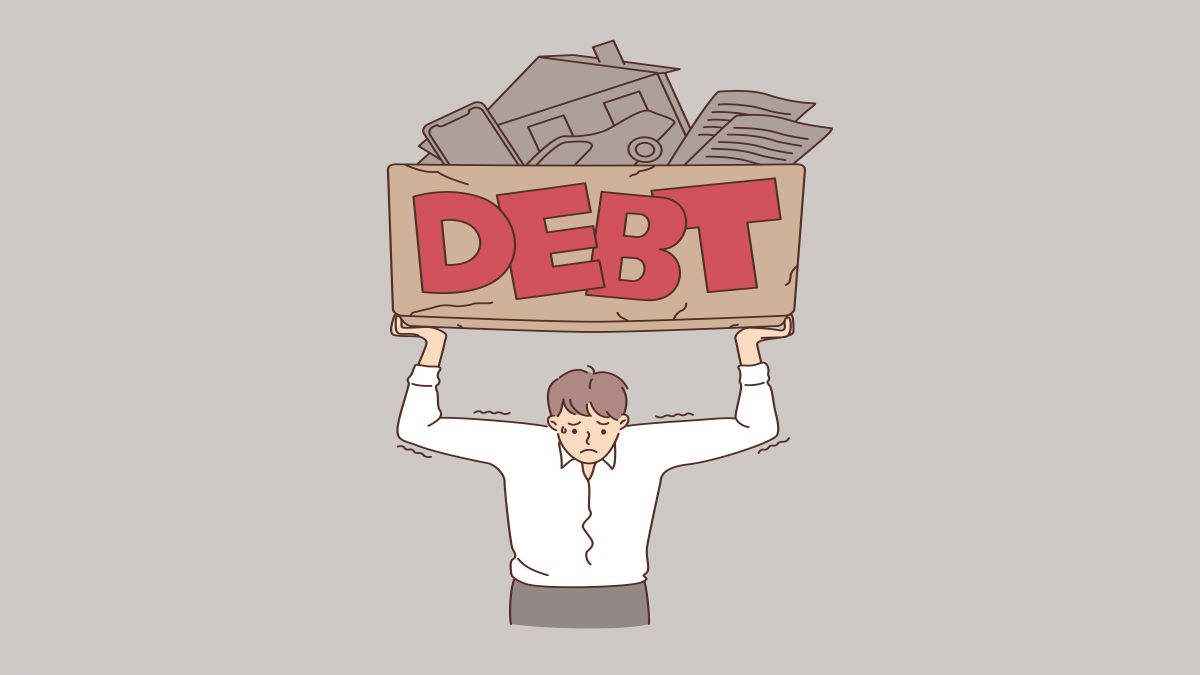Reducing debt is Americans’ top financial goal for 2025, according to the CFP Board of Standards’ Debt and New Year’s Resolutions Report. The focus comes as household debt hits record levels, delinquencies rise, and economic policy changes add uncertainty.
Experts point to four factors shaping how consumers may handle debt this year:
- Tariffs Impact
President Donald Trump introduced new tariffs on Mexico, Canada, and China earlier this year. Kimberly Watkins, assistant professor at the University of Georgia, notes these tariffs could raise prices on produce, electronics, apparel, cars, and other essentials.
Higher prices may especially affect low- and moderate-income households, increasing reliance on credit cards. Treasury Secretary Scott Bessent said in March that the tariffs aim to build fairer international economic relations, rather than just ensuring access to cheap goods. - High Interest Rates
Credit card interest rates are near historic highs, averaging nearly 23% on accounts assessed interest, according to Bruce McClary, senior vice president at the National Foundation for Credit Counseling. While federal rate cuts have occurred, they haven’t yet translated into lower credit card rates.
A bipartisan House bill has been introduced to cap credit card interest rates at 10%. High interest rates may increase debt burdens, but they also allow for better savings interest on emergency funds. - Consumer Financial Protection Bureau Uncertainty
The CFPB, which protects consumers from unfair lending and debt collection practices, faces funding threats. A Senate bill aims to block the CFPB director from requesting funding.
Mike Litt of the U.S. Public Interest Research Group says this would limit protections like overdraft fee limits and medical debt reporting rules. He warns that losing CFPB oversight could expose consumers to higher fees and unfair practices. - Tax Returns
The 2025 tax filing deadline is April 15. Owing taxes could increase debt for some households, while refunds present an opportunity to pay down credit card balances. Bruce McClary recommends using refunds to reduce high-interest debt when possible.
Debt Management Tips
Experts recommend several strategies for managing debt in 2025:
- Tighten your budget. Bruce McClary suggests reviewing spending patterns and reducing non-essential expenses while building an emergency fund.
- Contact creditors. Kimberly Watkins recommends calling lenders to request lower interest rates or temporary payment relief. Mike Litt shares that contacting credit card companies has helped him reduce his own rates.
- Consult a credit counselor. Nonprofit credit counseling agencies can review your financial situation and offer guidance. Initial sessions are often free.
“If you’re still struggling to afford necessities, consider turning to government assistance,” Watkins adds.














